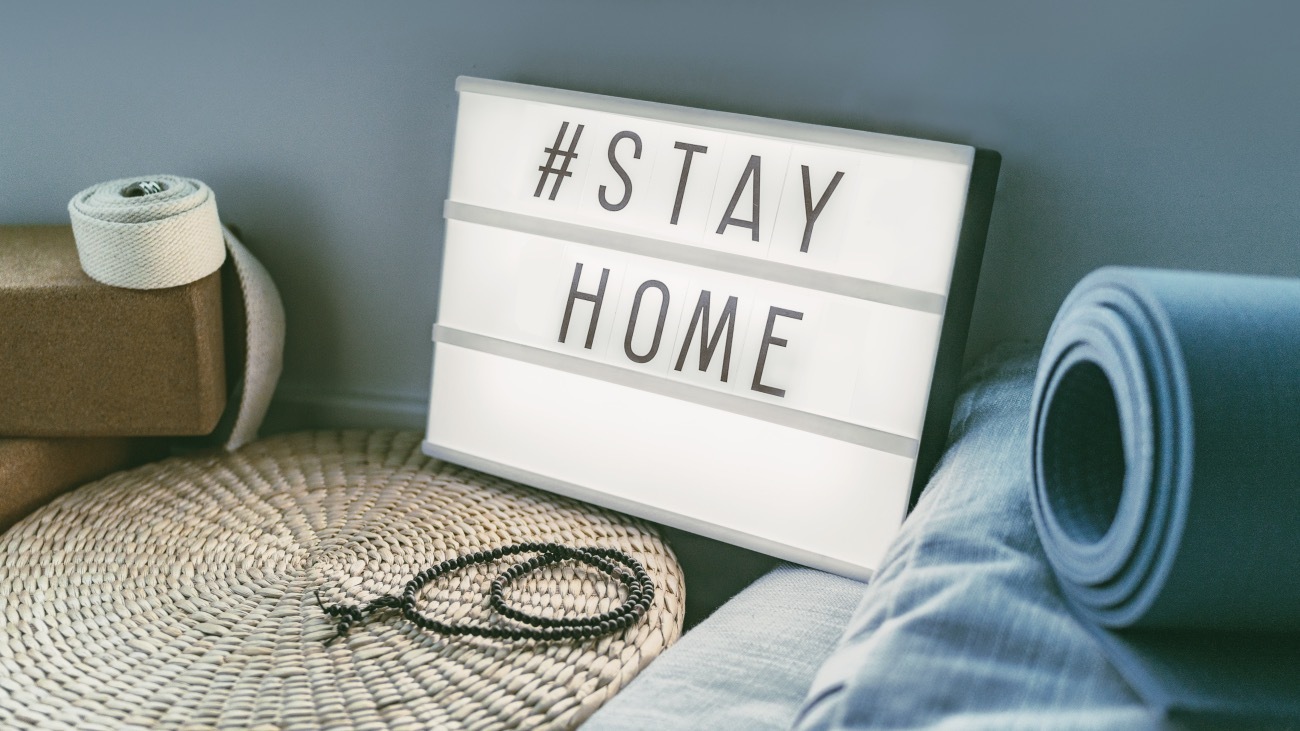Yoga Alliance Professionals

It is a comforting to believe we can shape our lives, that our future lies in the way behave, the decisions we make and effort we put in. 2020 made it clear that this simply is not the case. We do not possess any control over the events that happen to us, we cannot foresee what's next and the lives we have built are susceptible to sudden change.
Accepting this truth has been, for many, a baptism of fire. For the most part, we have responded well. Self-confessed technophobes are dominating the Zoomsphere, workshops held in Australia are transmitted worldwide, and now, yoga studios are preparing to reopen under socially distanced conditions. The pandemic has offered us all an invaluable lesson in overcoming challenges and adapting to change. It has also provided us with an opportunity to expect the unexpected, to learn from the past, and put measures in place should a similar fate befall us once again.
In the last few months, public health and safety have come to the fore of social consciousness, creating a hyper-awareness for our evident susceptibility to illness, and subsequent loss of income. In addition to their standard yoga cover, the insurance provider Balens offers “short-term” income protection in the case of sickness or personal accident that prevents professionals from working for up to two years. The scheme covers up to 60% of your income in the event of temporary, partial or total inability to continue a normal occupation and is renewable on an annual basis.
“Unprecedented” will most certainly win Word of The Year 2020. While we could not foresee the events that caused many of us to lose an income stream, we can take action to ensure against such uncertainties going forward. The precedent is there.
In the event of being unable to teach in-person classes, going digital seems to be the answer. In lockdown, Zoom quickly became the answer to our physical separation. Where teachers could not hold Tuesday’s yin class in-studio, they turned to the webcam to host virtual vinyasas. This newfound talent should not be forgotten, and may indeed prove useful should teachers be once again prevented from attending a class.
Of course, this is not to encourage a sickly stoicism, turning up on Zoom, dried tissue in one hand, honey and lemon in the other. However, should such symptoms pass, or not sufficient to impair teaching, online classes could well be the answer. As many of us have come to understand, showing symptoms of an illness does not necessarily equate to not being infectious. In cases where it is not accessible or safe to teach in-person, offering online classes is an effective means to continue making a living.
Let’s face it, we have had enough of cancellations: cancelled flights, holidays, events have dominated the headlines of 2020. So, where nausea makes even looking at a screen a hardship, finding a high-quality substitute teacher will ultimately protect your income by increasing customer loyalty. Being seen to take the time to identify a teacher that is both suited to your class and of a high standard, signals a genuine interest in your student's wellbeing.
Naturally, this is easier if you have strong connections with those working in the industry. Networking in the normal sense has been placed on hold, as social distancing doesn’t tend to favour large gatherings. However, there are a number of online communities through which yoga teachers can connect with one another as lockdown gradually eases.
Establishing professional relationships is a unique form of insurance, providing you with that extra level of security should you be unable to teach. The economic benefits of leaving your class with a trusted peer may not be felt immediately, but the financial impact of providing for your students will be long-lasting.
10 Beaverhall Road,
Edinburgh,
Scotland,
EH7 4JE
Copyright © 2025 Yoga Alliance Professionals Ltd. All Rights Reserved. Terms of Use | Privacy Policy
YOGA PROS ORGANISATION LIMITED, trading as YOGA ALLIANCE PROFESSIONALS, is a Not for Profit Scottish Company number SC502923
No Comments Yet
Let us know what you think